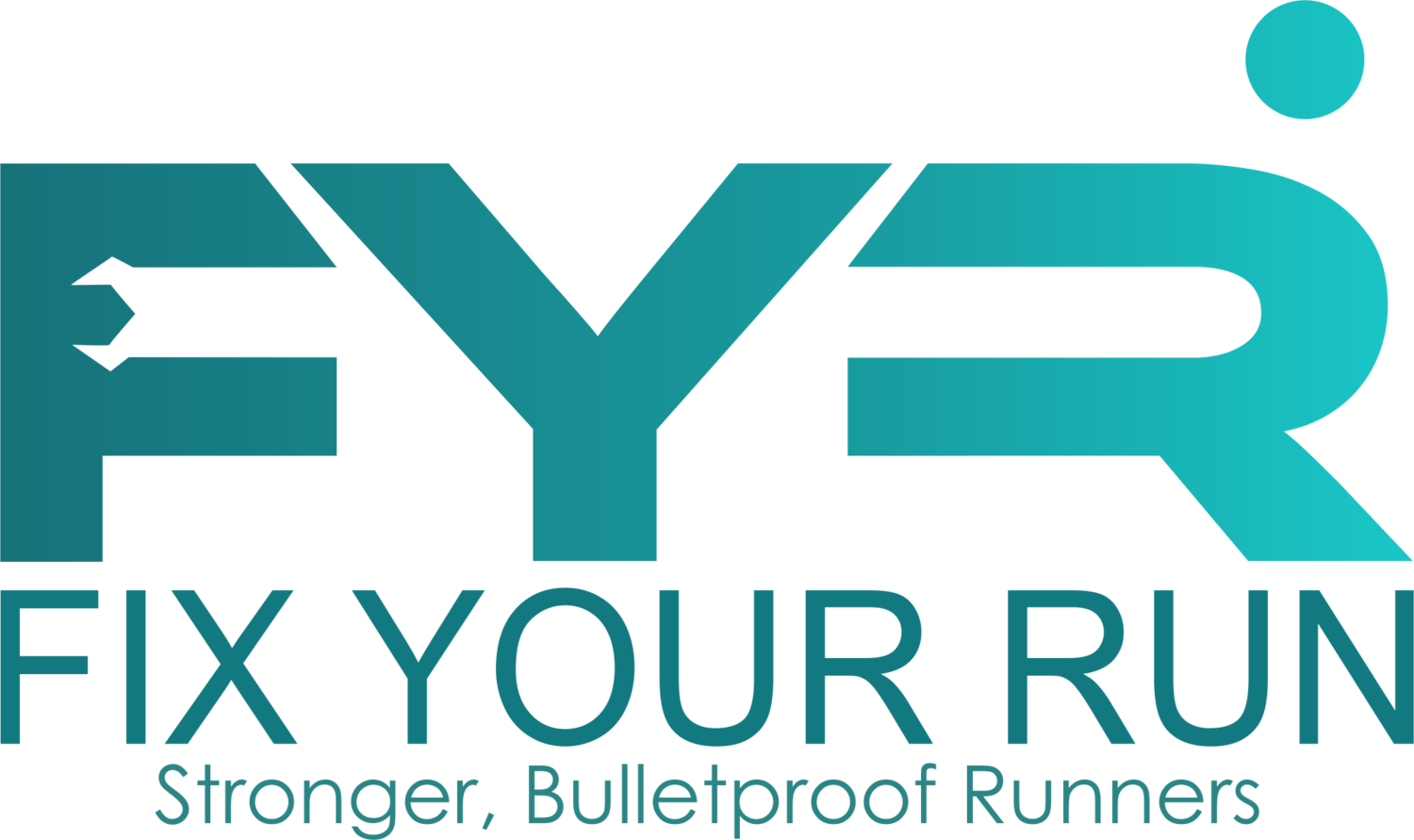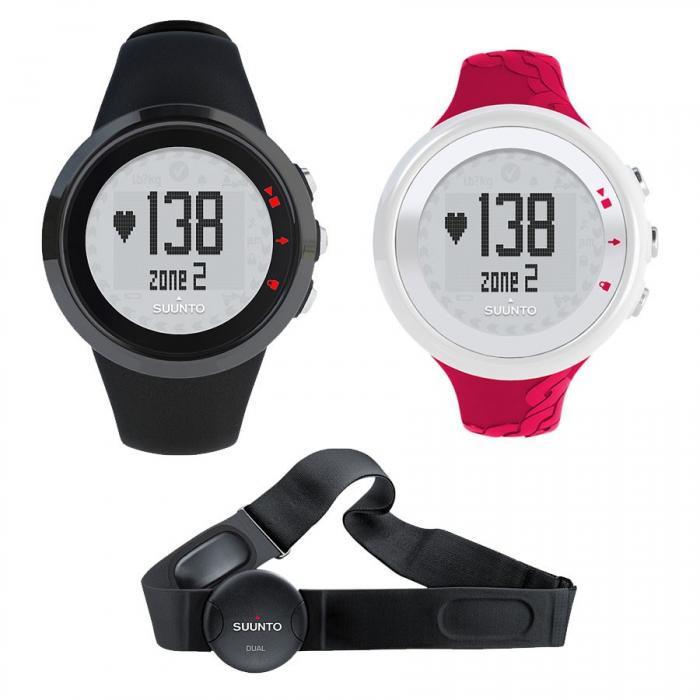A loyal reader recently asked a great question regarding the use of a heart rate monitor during a race.
I've noticed a very considerable drop-off in the pace from the start of the race to the end during the last couple of half marathons I've run. This drop-off seems a little steep. I also try to be acutely aware of not going out too hard. This last race I wore a heart rate monitor and set it to alarm if my HR went too high. What I found was that I was very successful in maintaining a consistent HR over the course of 13 miles (170 bpm). My target was to finish with a 7:00 minute average.
Over the first 2 miles I found that I could pretty effortlessly turn in 6:30 splits. During the middle portion of the race, I'm doing 7:00 - 7:15. The last couple of miles I start looking at paces more like 7:30 and 7:45. So from start to finish, my pace has fluctuated by well over a minute (consistent HR though). Is this a normal drop-off? Am I going out too hard? It doesn't feel like it. My training had taken me on several runs in the 11-14 mile range. It's not like the distance was new to me. I really want to break through the 90 minute barrier.
Any advice you have would be greatly appreciated. - David S.
My response:
It sounds to me that you're running/training very well but perhaps being too much a 'slave' to the HR monitor.
As one's body temperature increases, more heart beats must be dedicated to moving blood to the surface not just to working muscles. This explains the cardiac creep, or the subtle upward drift of your heart rate while your pace remains the same. This is OK. In other words, don't worry about it and just race.
Here's what I'd do differently.
1. Know your HR numbers.They help immensely with training and can give you confidence mid race that you're not over -or- under doing it. Peek at your watch, but allow for some higher HR numbers late in the race.
2. Forget your HR numbers. Learn to run hard by feel. The HR monitor helps with this because you can get some objective data, but then you must translate that to subjective data. How do you feel when you're running that pace? How close to the edge are you? Most of us have a keen sense (that can be developed) about how hard we can push ourselves when we know how long we have to push.
3. Race by pace and feel, not HR. Once you've trained properly, you just have to trust that you'll be able to feel things accurately during the race. Rather than running at a HR of 170 at mile 1 and 6:30/mile, it'd be better to run a 7 min/mile (your goal pace) at a HR of 164. Eventually your HR will catch up to you, (probably by mile 3 or 4).
To sum up: Even splits, not even heart rate. Mile 13 is always going to feel harder than mile 1 so I can't say even effort. Your effort will increase as the race goes on. Mile 1 should always feel "effortless". Your heart rate will increase slightly throughout the race after the first mile. Your pace, ideally, will be steady all the way to the finish.
Keep up the great job training and put these tactics to work. I think you'll enjoy a breakthrough in your next race!
Do you have a question regarding heart rate? Share it below!
PS: The game changes a bit with a race like a marathon or long distance triathlon. In those races I feel like it can be smarter - especially for the less experienced athlete who can't necessarily race by feel yet - to race by heart rate in the first half to two-thirds of the race. Keeping your heart rate steady is a great way to conserve energy and have a strong finish.

